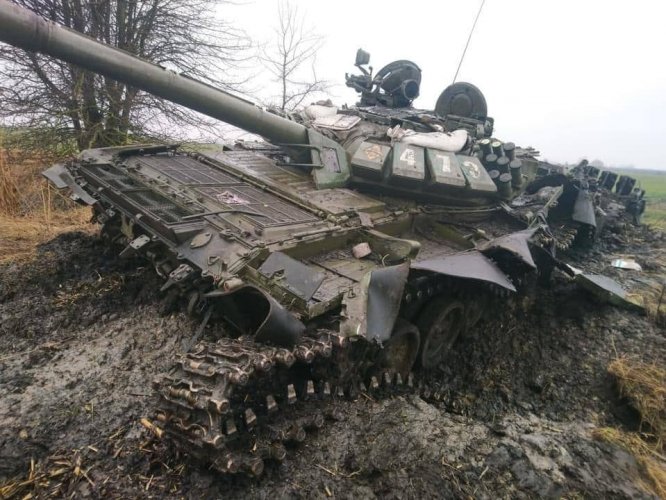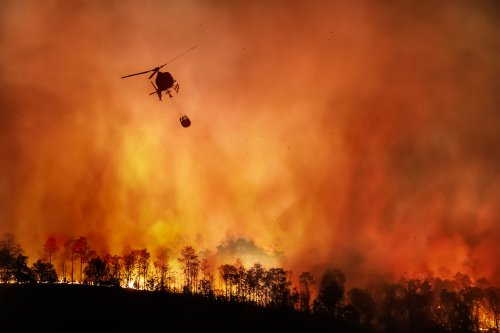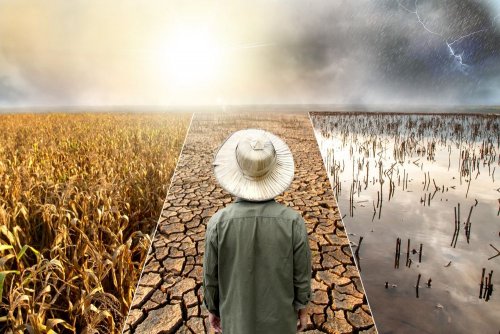Russia's war against Ukraine and the escalation of the energy crisis are complicating efforts to combat climate change, as they will increase funding for fossil fuels and greenhouse gas emissions.
This was stated by former head of the Bank of England Mark Carney, who is now vice president of Brookfield Asset Management and co-chair of the global alliance, according to Bloomberg.
He explained that geopolitical upheavals determine the agenda of capital flows.
"Because of Russia's unwarranted invasion and the response, there will be more investment in fossil fuels and fossil fuel financing in the near future," – Carney said, – "There will be more emissions in the near future; this situation complicates the work".
Banks are reluctant to admit that they will have to postpone their immediate climate goals in response to the war, and the West is urgently trying to wean itself off oil, gas and coal. This is forcing other manufacturers to increase supplies, which is fraught with increased emissions at the worst time for the climate.
The UN Intergovernmental Panel on Climate Change recently issued a stern warning that global emissions must peak immediately to keep temperatures from rising by more than 1.5 degrees Celsius. However, an analysis by Reclaim Finance shows that large asset management companies still have about $ 550 billion in fossil fuel developers.
Carney noted that capital flows to renewable energy sources remain significantly lower, as funding for clean energy sources is only one-third of the level to be achieved.
The GFANZ convened by the UN includes seven groups covering all corners of the financial industry. Undertakings representing $ 130 trillion in assets must commit to using science-based advice to document their path to clean zero carbon emissions and set milestones by 2030.
The gap between zero-result commitments and the continuing flow of funds to fossil fuel producers last month prompted UN Secretary-General Antonio Guterres to appoint a group of experts to monitor the movement of clean fuel.
The Science Based Targets initiative also plans to abandon zero certification for banks and asset managers who do not meet deadlines to reduce the flow of capital into fossil fuel production.
We will remind, in Financial Times declared that war of Russia against Ukraine has to accelerate green transition.
As EcoPolitica reported earlier, there are two scenarios for the impact of the war in Ukraine on climate and energy policy





